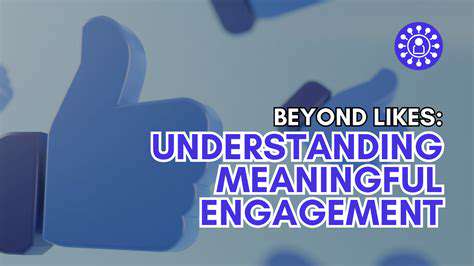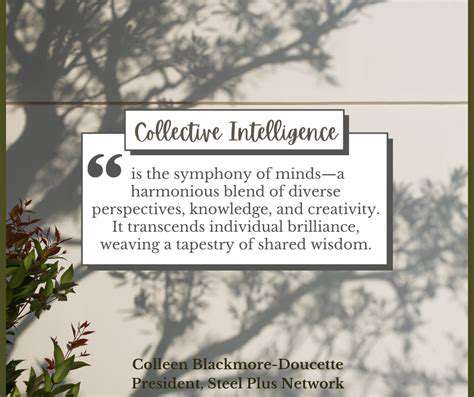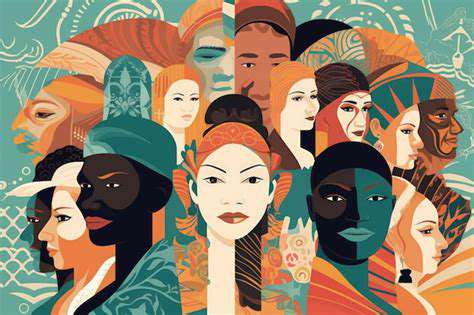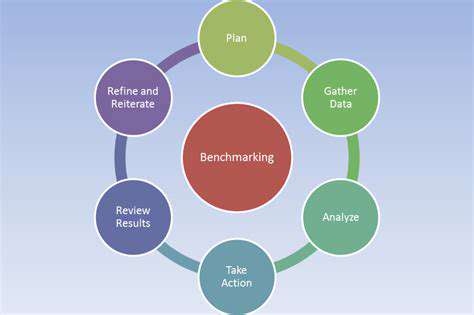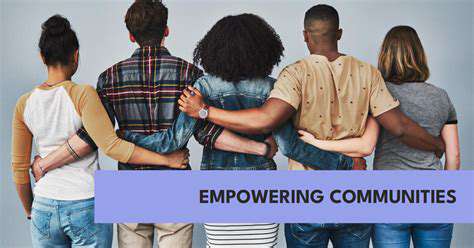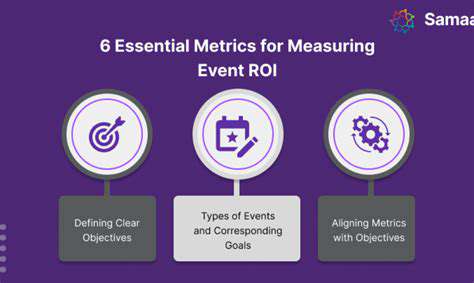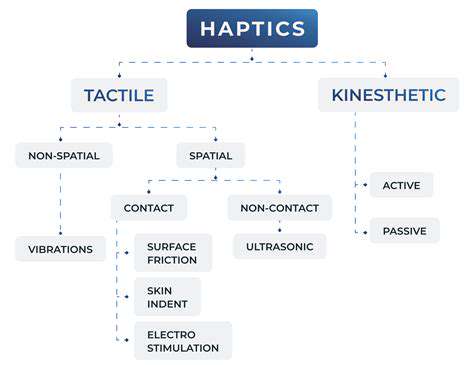User Generated Historical Content: Preserving the Past

Social Media's Role in Capturing History
Social media platforms have become unprecedented archives of human experience, offering a unique lens through which to understand the past. This readily available, often real-time documentation provides a wealth of information about events, trends, and societal shifts. This vast repository of user-generated content has the potential to revolutionize how we study and understand history.
The sheer volume of data available on social media platforms is staggering. From personal accounts of everyday life to discussions surrounding major global events, the information is readily accessible, providing a rich source for researchers to draw upon. This accessibility, however, also presents challenges in terms of verifying accuracy and evaluating the reliability of the information.
The Challenges of Verification and Bias
One of the significant hurdles in using social media as a historical source is the inherent subjectivity and potential for bias embedded within user-generated content. Posts are often influenced by personal opinions, political leanings, and even misinformation. This makes it critical for historians and researchers to develop rigorous methodologies for evaluating the authenticity and accuracy of the information they gather.
Furthermore, the rapid pace of information dissemination on social media can make it difficult to establish clear timelines and contextualize events. The constant stream of updates and posts can obscure the larger historical narrative, requiring careful analysis and critical thinking to discern important trends.
Preservation and Archiving Strategies
The ephemeral nature of social media content necessitates proactive strategies for preservation and archiving. Simply collecting data is not enough; institutions and researchers need to develop robust methods for storing, organizing, and accessing these digital archives. This requires significant investment in infrastructure and expertise to ensure the longevity of these valuable historical resources.
Developing standardized protocols for archiving social media data is crucial. These protocols should address issues like data formats, metadata tagging, and access controls to facilitate future research and analysis. This will allow researchers to access and analyze the information effectively and reliably.
Social Media's Impact on Event Documentation
Social media has fundamentally altered how events are documented and disseminated. From the Arab Spring protests to the spread of information during natural disasters, social media has played a critical role in providing real-time accounts and perspectives. These accounts, while often firsthand and immediate, need to be carefully examined for accuracy and completeness. The immediacy of social media often overshadows the importance of comprehensive and verified reporting.
Historical Analysis and Interpretation
Analyzing social media data requires a nuanced approach that considers the limitations and complexities of the medium. Historians must carefully evaluate the reliability and context of the information, acknowledging the potential for bias and misinformation. This approach demands a blend of traditional historical methodologies and digital humanities tools to extract meaningful insights from the data.
Social media platforms are not simply historical archives; they are interactive spaces reflecting contemporary perspectives and narratives. Researchers must engage with these platforms not only to document the past but also to understand the present through the lens of the past. This engagement requires sensitivity to the ethical implications of utilizing user-generated content and respecting the privacy of individuals represented in the data.
The Future of Social Media as Historical Source
Social media's role as a historical source is constantly evolving, presenting both opportunities and challenges. As the platforms themselves change and new technologies emerge, researchers must adapt their methodologies to remain current and effective. The ongoing development of sophisticated analytical tools will be key to unlocking the rich history hidden within these digital spaces.
The future hinges on the ability to develop ethical and responsible approaches to using social media data, acknowledging the importance of context, nuance, and the potential for bias. This will lead to a more comprehensive and nuanced understanding of the human experience across time.
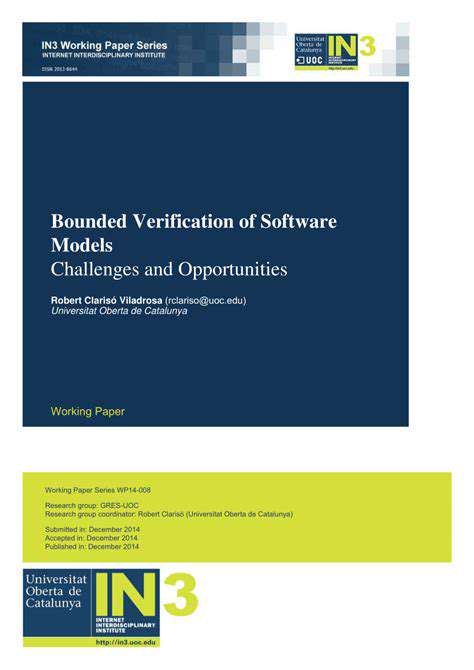
Read more about User Generated Historical Content: Preserving the Past
Hot Recommendations
- Immersive Culinary Arts: Exploring Digital Flavors
- The Business of Fan Funded Projects in Entertainment
- Real Time AI Powered Dialogue Generation in Games
- Legal Challenges in User Generated Content Disclaimers
- Fan Fiction to Screenplays: User Driven Adaptation
- The Evolution of User Driven Media into Global Entertainment
- The Ethics of AI in Copyright Protection
- Building Immersive Narratives for Corporate Training
- The Impact of AI on Music Discovery Platforms
- AI for Audience Analytics and Personalized Content
